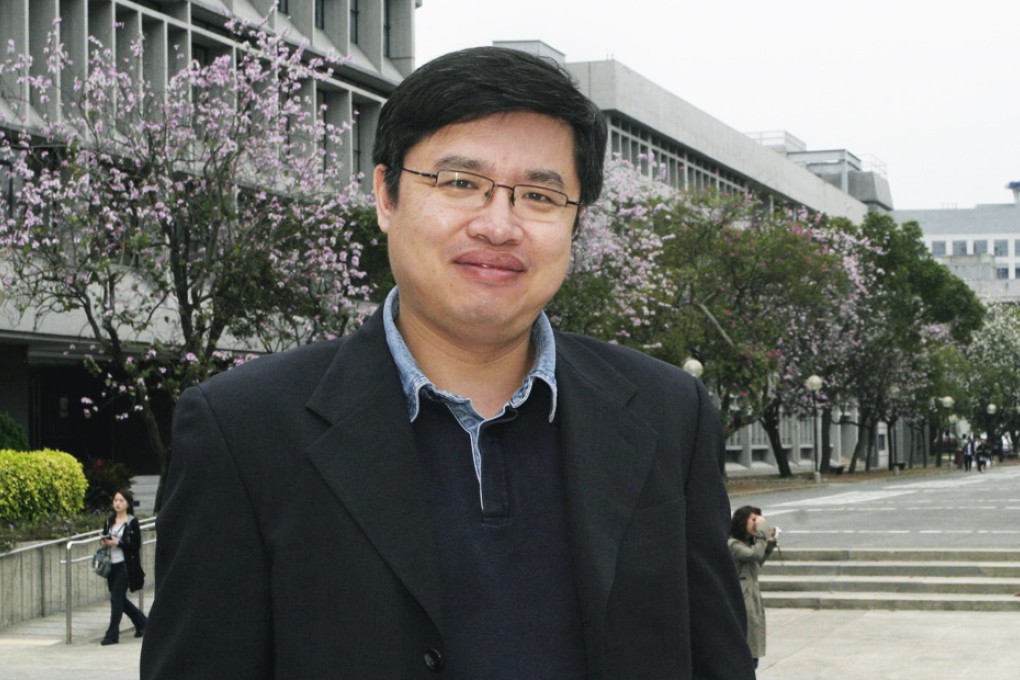Competing interests between BRICS nations could lead to challenges for new bank: analysts
Low capitalisation and possible rivalry among members could hold it back, analysts say

Last week leaders from five emerging economies celebrated the birth of a new bank on the block.
The New Development Bank is intended to rival Western-led financial institutions and become a more sympathetic alternative for developing countries and a platform for China to exert greater global prowess.
But it faces an uphill battle, analysts say. Potential competing interests among the five so-called BRICS nations, and the bank's relatively small initial capitalisation, present obstacles, they say.
Founded by Brazil, Russia, India, China and South Africa, the bank will start lending by 2016 with an initial capitalisation of US$50 billion and a US$100 billion emergency reserve fund.
Despite disagreement about the location of the bank's headquarters, Shanghai was chosen in the end.
The bank's declaration says all member states will play equal roles. India will provide the first president, while the first chairman of the board of governors will be from Russia, and the first chairman of the board of directors chosen by Brazil.